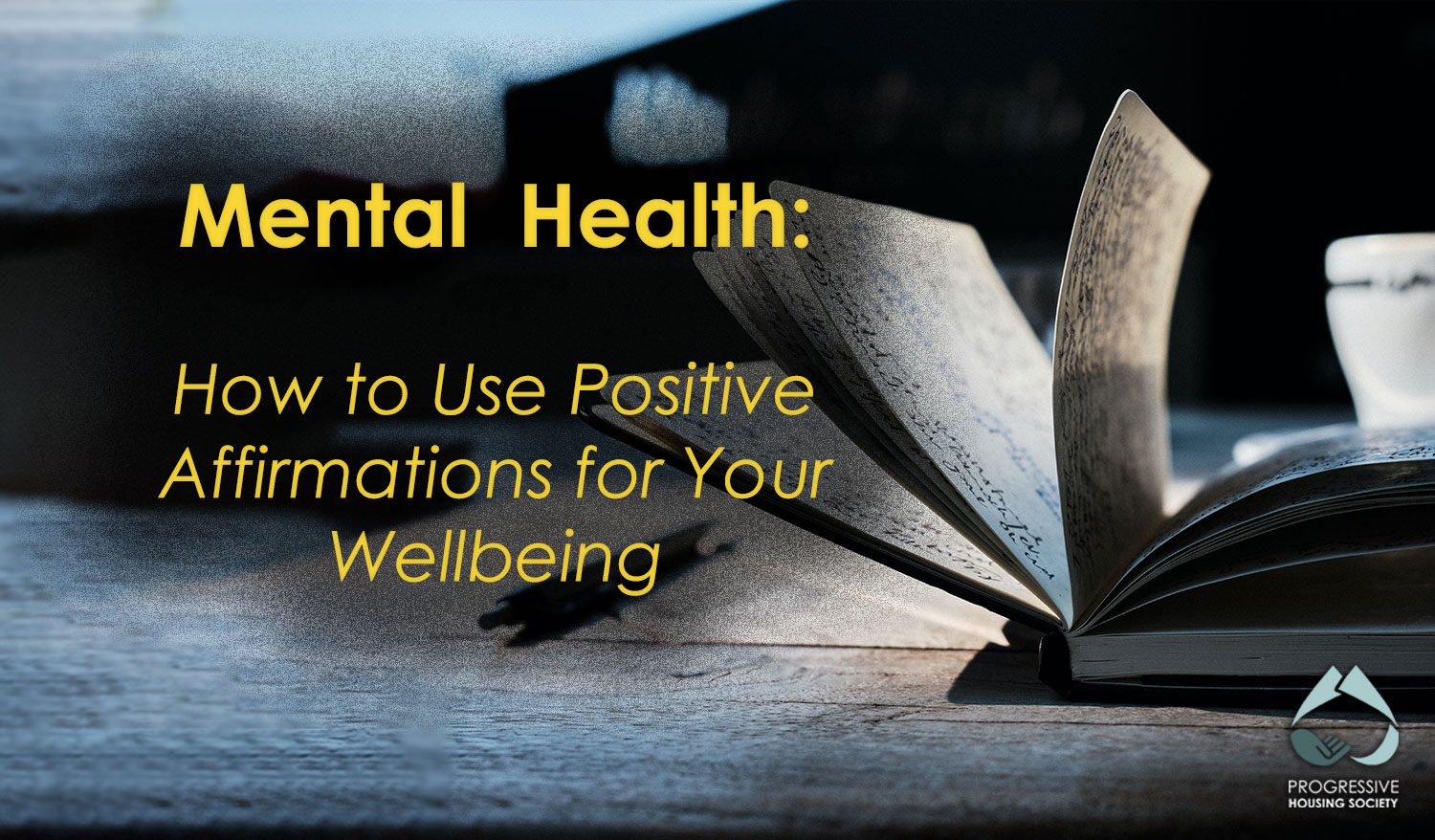How to use Positive Affirmations for Your Wellbeing
-
by
 PHS
PHS
Do positive affirmations make a difference? It is no surprise that words hold a lot of power over one’s mental health. We’re often told to think about what we say before speaking in consideration of someone else’s feelings. However, we never think about how what we say about ourselves (whether that’s in our head or out loud) can affect our mental wellbeing too. If done consistently, this can often take a toll on our self-confidence and, in turn, lead to severe states like depression or heightened anxiety.
Using positive affirmations is a kinder way to keep ourselves grounded during times of uncertainty. This short-term self-help method is used by even the toughest of people during high-pressure situations where calmness is desired.
What are Positive Affirmations?
Affirmations are small statements focusing on positive attributes of yourself that are repeated in times of stress. You may even have spoken some without even realizing it. “I can do this” or “I am enough”, seems familiar right? Simple statements like those can boost your sense of self and are especially effective in times of self-doubt or failure. It’s times like those that we really need to hear empowering words.
According to Healthline (2020), a positive affirmation is a statement repeated to help strengthen confidence in yourself. It may sound similar to a goal; however, the key difference is that affirmations are created to reflect the present rather than the future for goals. By creating statements that reflect your present feelings, it can help make you feel more grounded.
The beauty of positive affirmations is that anyone can do this! If you are feeling down or lost, this is a great way to get that boost of confidence.
This self-help tool is also a great option for anyone who may be dealing with anxiety or depression. As panic, stress, and self-doubt are common symptoms of anxiety, reciting a positive affirmation daily can help ease overwhelming thoughts. A study by Sherman and Cohen (2016) also found that those who created affirmations showed higher levels of self-esteem, increased optimism, and reduced stress levels. So, it’s something worth trying!
As we are all unique individuals, this may not work for everyone. Do not be discouraged if you decide to try this method, sometimes it takes a little time to work. If this is a new technique for you, it can feel a bit foreign or even uncomfortable at first. It can feel ineffective or false. If you continue to use it and feel it’s not working, another method may be better for you!
How can I create affirmations?
To make sure the affirmations work, you’d want to customize them to you! Although affirmations can be found online, creating personalized statements can hold much more power as they are relevant. These statements can focus on anything that contributes to a positive sense of self.
There is no right or wrong way to create positive affirmations, so here are a few tips on how to create positive affirmations:
- Begin each statement with “I” or “My”
- Create relevant statements that are focused on the present
- Acknowledge any anxious thoughts with kindness to yourself
- Ensure the statements reflect your core values and future successes

Make a Difference in Your Life Using Positive Affirmations
Many people think that to have a great life, they need to make one or two big changes. The truth is that creating a more positive and fulfilling life is about making lots of smaller changes that take you in the direction you want to go.
Big things have a tendency to have small beginnings and that’s where things like positive affirmations come in. It’s the chance to control your own sense of self and help you overcome challenges along the way. Choose to do something for yourself today and remember to say something nice to one of the most important people in your life: you.
References
Raypole, C. (2020, June 24). How to Craft and Use Affirmations for Anxiety. Retrieved from Healthline: https://www.healthline.com/health/mental-health/affirmations-for-anxiety
Sherman, D. K., & Cohen, G. L. (2006). The psychology of self-defense: Self-affirmation theory.
In M. P. Zanna (Ed.) Advances in Experimental Social Psychology (Vol. 38, pp. 183-242). San Diego, CA: Academic Press. https://citeseerx.ist.psu.edu/viewdoc/download?doi=10.1.1.335.8339&rep=rep1&type=pdf
Steele M., C. (1988). The Psychology of Self-Affirmation: Sustaining The Integrity Of The Self. Advances in Experimental Social Psychology, Vol. 21, pp. 261-302. https://baltimorewisdomproject.org/uploads/7/0/8/0/70800857/the_psychology_of_self-affirmation.pdf


